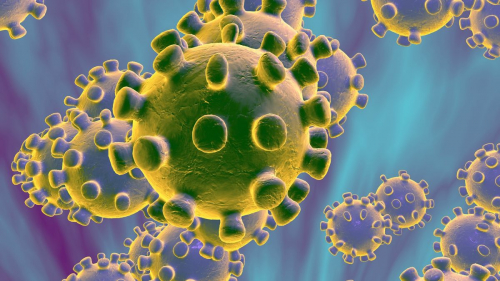
A recently published study, led by clinicians at Royal Brompton & Harefield NHS Foundation Trust, has shown that inhaled nitric oxide (iNO) given to patients with severe COVID-19 pneumonia, significantly improves oxygen levels.
The majority of patients admitted to intensive care with COVID-19 pneumonia require invasive mechanical ventilation. This is provided alongside ventilation strategies such as placing patients in the prone position (lying on chest), to help improve oxygen levels in the body.
However, for some patients with severe COVID-19 pneumonia the usual ventilation strategies do not improve oxygen levels, which led the team to look at how the use of iNO may have helped.
The study, the largest of its kind worldwide, was led at by Dr Laura Price, consultant physician for pulmonary hypertension, and by Dr Benjamin Garfield, consultant in critical care.
35 Patients with COVID-19 pneumonia who were on ventilation were given iNO as part of routine care when they were failing to respond to best standard treatments. This led to significant improvements in oxygen levels and improvements in ventilatory efficiency at 24 hours and for up to five days.
Dr Garfield said, “We found a significant improvement in oxygen levels in the blood of patients who we treated with inhaled nitric oxide. Early data suggests those who had strain on their heart may have been most helped by the drug.”
And according to Dr Price, the work would not have been possible without a multidisciplinary team.
“This was a great example of the teamwork across both hospital sites, with multi-professional staff from all the different ICU areas within the Trust being represented in the ‘COVID-19 Pulmonary vasodilator Study Group’ which undertook this work.”
So, what’s next?
According to Dr Price, “It’s not yet clear whether COVID-19 is a more pulmonary vascular form of Acute Respiratory Distress Syndrome, and whether these therapies are more efficacious than usual. Future trials will be also be needed to understand if iNO might improve additional outcomes such as ICU length of stay and mortality in COVID-19, as well as oxygenation and dead space.”
The next step for the team will be to explore the characteristics of those patients who responded positively to iNO, with plans to run a multicentre project examining the use of inhaled pulmonary vasodilators for patients with COVID-19 pneumonia.
To find out more about any of our research visit our research news page or contact us.
